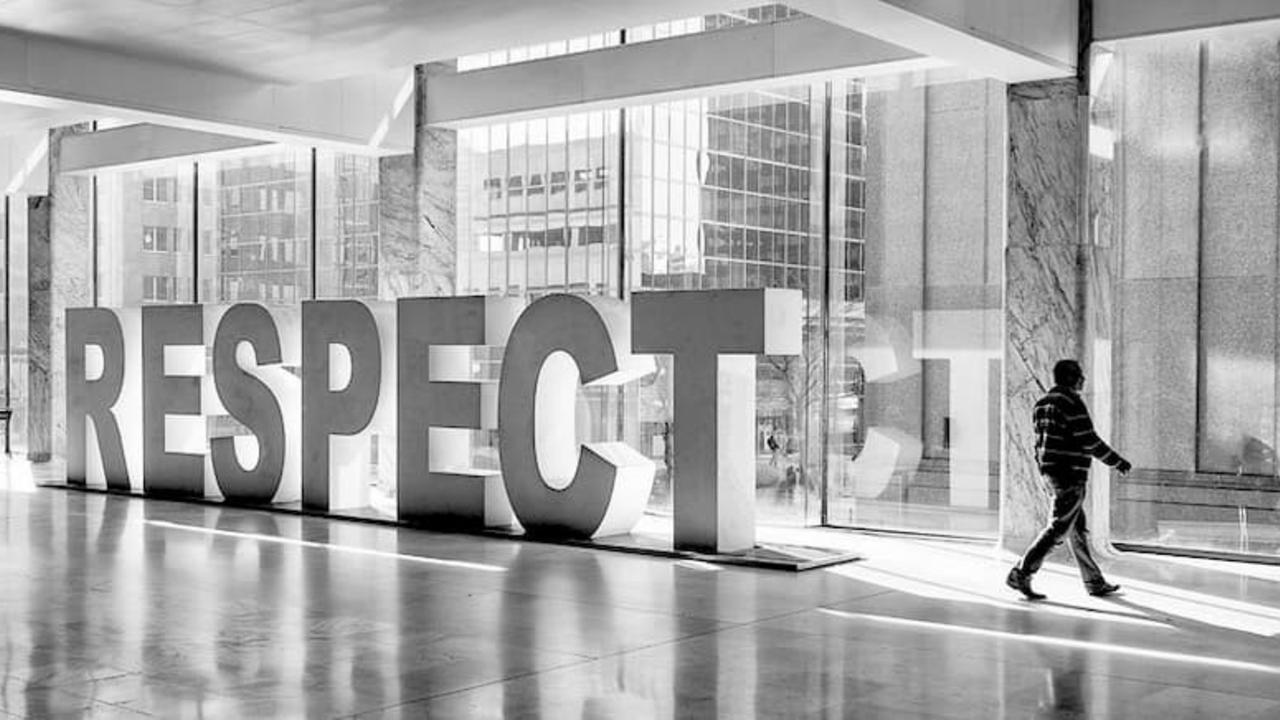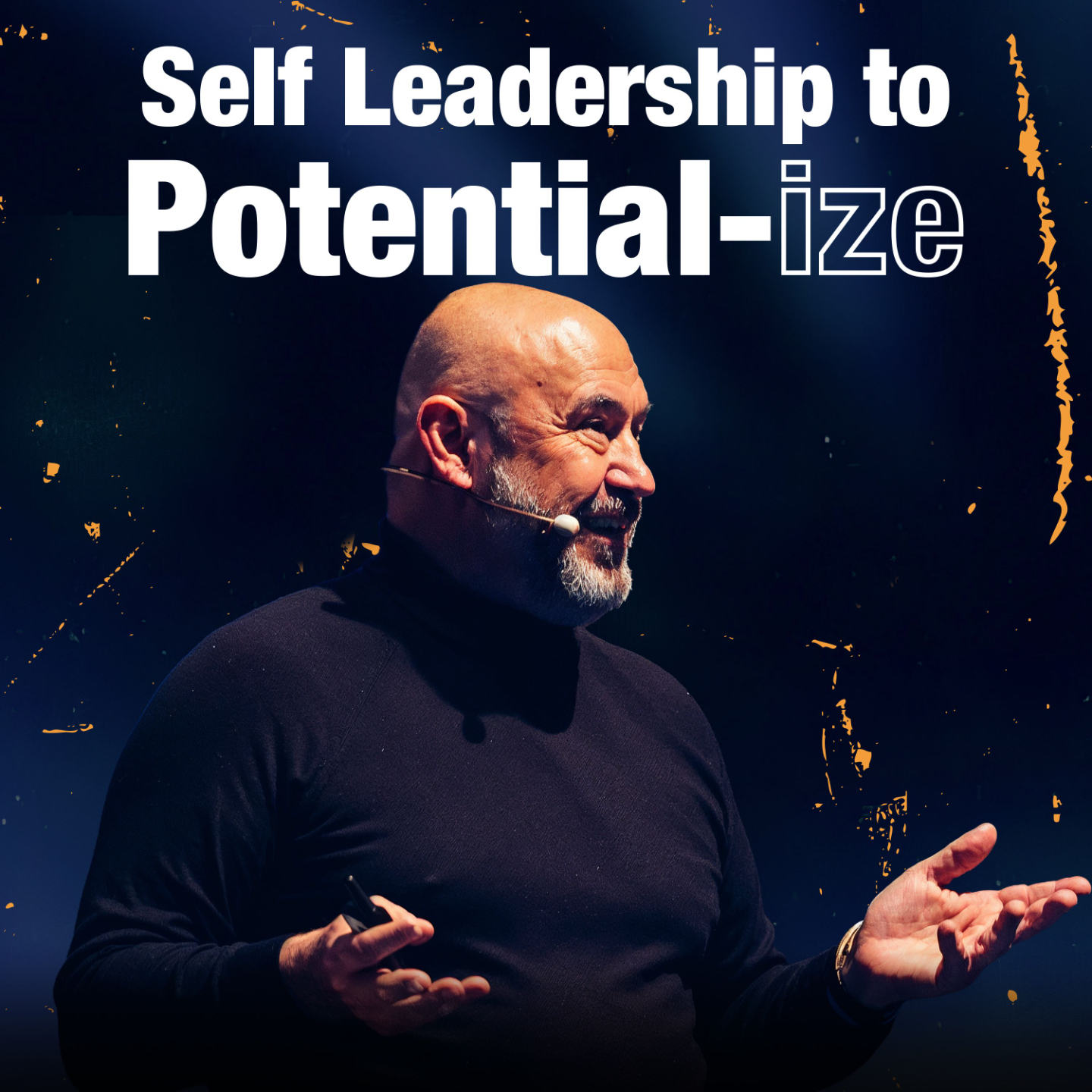
Getting Respect – You are doing it Wrong!
Aug 17, 2020In a Harvard Business Review study of 20,000 employees, 54% claimed that they don’t get respect from their leaders. Respect has been shown to improve employee trust and safety and effect a 92% increase in focus and priority. The obvious conclusion, therefore, is to instruct managers and leaders to be more respectful, but what if this conclusion is wrong?
If you are honest with yourself, do you respect someone who does not deserve respect? Are you able to respect someone who does not respect themselves?
Respect Definition
The verb respect means to admire someone (or something) because of their abilities, qualities, or achievements. It can also mean having due regard for their feelings, wishes, or rights.
In my work on self-leadership, and through over 20 years of coaching, I can share that most people struggle to respect their own abilities, feelings, or rights. And how can you expect respect if you do not respect yourself?
Coaching for Respect - A Case Study
Recently I was coaching a Senior Executive in project management of a large multi-national organization. For the sake of confidentiality, let us call him Nigel. As head of the PMO (Project Management Office), Nigel was responsible for numerous projects and transformations across the organization. Nigel is intelligent, and ambitious, and was frustrated that he and his work did not get the respect they deserved.
“Tell me about how you see what you do?”, I asked him.
“We are the connective tissue that binds the organization together.” He replied.
My response jarred him.
“No wonder you are not getting respect - your metaphor sucks!”
Now, without diving too deep into the psychology of ‘Self’, we all experience the world through our narrative. Experience happens to us, and in real-time we make up a narrative to explain those events. In short, human beings are meaning-making machines. As a mentor of mine once taught me:
"People are not logical, they are psycho-logical".
As I mentioned, Nigel was jarred, but in a good way.
“Why is that bad?” He asked - because up until that point it had made sense.
Think about it. The brain, the eyes, the heart, and the muscles all have a clear purpose and a strong narrative. The brain for ideas, the eyes for vision, the heart for life, and the muscles for action. Connective tissue is just passive.
Nigel got the point and reflected on a new metaphor and narrative for himself and the office of PMO. He rejected military or police analogies, for obvious reasons, and settled on being the ‘Conductor of an Orchestra’.
As the conductor, he could influence how each department interpreted the priorities of the organization. He could ensure that each section operated in harmony and that the audience (the stakeholders) had a great experience.

This shift in metaphor and narrative transformed the way Nigel respected himself. He was no longer secondary to the business, but out the front making things happen. When in meetings, he would no longer just agree with the majority, or the senior viewpoint but would calmly offer his insights as to how things could operate more effectively and efficiently. Then, as if by magic, the respect came. Nigel’s advice would be sought, he would be copied in on inner-circle emails and the impact of his PMO function was recognized and respected for their contribution to not just surviving but thriving through this pandemic.
Getting Respect the Right Way
What can we learn from Nigel’s transformation?
Yes, we should create cultures where people are respected as individuals, but equally, we should encourage people to respect themselves, their abilities, and their contributions to the whole.
When each person takes ownership 'for' themselves and is empowered to contribute to the organization, amazing results are possible.
I am on a mission to ‘Wake People UP’ to the importance of self-leadership. That means that we do not blame and complain, but we accept our situation, appreciate our skills and talents, and apply them to achieve results. Managers and leaders need to practice self-leadership and encourage their employees to take ownership.
So to gain respect:
- Accept reality, do not blame, complain or avoid the facts
- Appreciate your own experience, insights, skills, and talents
- Always know your own values and the value you bring
- Acknowledge other points of view, but never apologize for having your own
- Advance your agenda, not for your own benefit, but for the greater good
Respect is not handing out a fish for one meal, but showing that each of us has the capability to not only catch a fish but cook it and enjoy a hearty meal, each and every day.
Lorem ipsum dolor sit amet, consectetur adipiscing elit. Cras sed sapien quam. Sed dapibus est id enim facilisis, at posuere turpis adipiscing. Quisque sit amet dui dui.
Stay connected with news and updates!
Join our mailing list to receive the latest news and updates from our team.
Don't worry, your information will not be shared.
We hate SPAM. We will never sell your information, for any reason.


